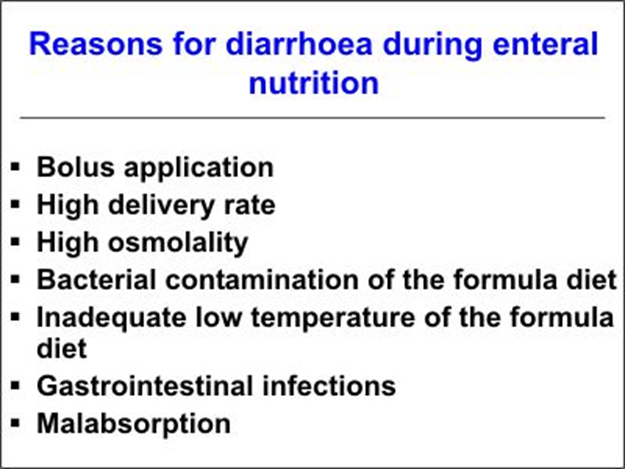A nurse is reinforcing teaching for with a client about healthful sleep habits. Which of the following statements should the nurse identify as an indication that the client needs further instructions?
“I don’t take naps throughout the day.”
“I go to bed and get up at the same times each day.”
“I have a small snack and take a bath before going to bed each day.”
“I watch television until I fall asleep at night.”
The Correct Answer is D
A. “I don’t take naps throughout the day.”
This statement suggests that the client avoids daytime napping, which is generally a positive sleep habit. Excessive daytime napping can interfere with nighttime sleep.
B. “I go to bed and get up at the same times each day.”
Maintaining a consistent sleep schedule is a key component of good sleep hygiene. Going to bed and waking up at the same times helps regulate the body's internal clock.
C. “I have a small snack and take a bath before going to bed each day.”
Having a light snack and engaging in a relaxing activity like a bath before bedtime can contribute to a more conducive sleep environment. However, the type and timing of the snack should be considered.
D. “I watch television until I fall asleep at night.”
This statement may indicate a need for further instruction. Watching television right before bedtime, especially until falling asleep, can be counterproductive to good sleep hygiene due to the stimulating effects of the screen's blue light.
Nursing Test Bank
Naxlex Comprehensive Predictor Exams
Related Questions
Correct Answer is A
Explanation
A. "I’ll apply ice to my ankle for 20 minutes every hour."
This is the correct choice. Applying ice for a specified duration (20 minutes) every hour is a standard recommendation for managing swelling and pain associated with an ankle sprain. It helps reduce inflammation and provides relief.
B. "I’ll rewrap my ankle starting from the knee down."
This statement indicates a misunderstanding. When rewrapping an ankle, it should be done from the bottom (proximal) to the top (distal) to provide proper compression. Starting from the knee down is not the correct technique.
C. "I’ll walk on my ankle for 10 minutes every hour."
This statement may indicate a misunderstanding or potential for harm. Immediate weight-bearing or walking on an injured ankle, especially after a sprain, is generally not recommended. Rest is often a key component of initial management.
D. "I’ll put a heating pad on my ankle at bedtime tonight."
This statement may indicate a misunderstanding. Heat is not typically recommended in the initial stages of treating an acute injury like an ankle sprain, as it may increase inflammation. Ice (cold therapy) is usually the preferred modality early on to reduce swelling and pain.
Correct Answer is B
Explanation
A. Electrolyte imbalances
Administering diluted enteral feedings is not typically done to address electrolyte imbalances. Instead, monitoring the electrolyte levels in the patient's blood and adjusting the content of the enteral formula (such as adjusting the concentration of electrolytes) would be more appropriate.
B. Diarrhea
Administering diluted enteral feedings is a strategy that may be employed to prevent or manage diarrhea. High concentrations of nutrients can overwhelm the gastrointestinal tract, leading to diarrhea. Diluting the formula helps reduce the risk of this complication.
C. Constipation
Administering diluted enteral feedings is not typically done to address constipation. Management of constipation is more commonly achieved through adjustments in fiber intake, fluid intake, and medications as needed.
D. Delayed gastric emptying
Administering diluted enteral feedings is not a standard approach for addressing delayed gastric emptying. Instead, adjustments in the rate of enteral feedings or specific interventions for delayed gastric emptying, such as medication or changes in positioning, would be considered.

Whether you are a student looking to ace your exams or a practicing nurse seeking to enhance your expertise , our nursing education contents will empower you with the confidence and competence to make a difference in the lives of patients and become a respected leader in the healthcare field.
Visit Naxlex, invest in your future and unlock endless possibilities with our unparalleled nursing education contents today
Report Wrong Answer on the Current Question
Do you disagree with the answer? If yes, what is your expected answer? Explain.
Kindly be descriptive with the issue you are facing.
